Pepperdine Outcomes Study
Pepperdine University conducted a longitudinal, outcome study focused on two groups of people: Paradigm’s patients and parents. It looked at how the teen’s problems affected the whole family, and, in contrast, how the reverse can be true as well. With a longitudinal study, we get to see actual improvements of the same individual over time, instead of simply comparing two different individuals at different points in their recovery journey, (which is how a cross-sectional study works). From an entirely scientific perspective, the findings of a longitudinal study are far more reliable than the findings of a cross-sectional study, so the Pepperdine study findings are comfortingly accurate.
What Dimensions Were Examined
Clients were asked to assess their mental health, and to evaluate their level of anxiety, fear, depression, suicidal tendencies, sense of worth, and feelings of self-satisfaction, as well as many positive traits, like ability to express oneself, or feelings of hopefulness, and those positive ones attached to familial relationships. These assessments used a six-point scale with a six suggesting “very strongly agree,” and a zero suggesting they “very strongly disagree.” For example: if a patient answered the question, “How fearful are you right now?” with a five, we could safely assume they are living in a constant state of fear, and a zero would mean they are living fear-free.


Three Distinct Points in Time
These assessments were done at three critical points in the recovery process: pre-treatment, one month into treatment, and six months into treatment. It is important to note, Paradigm is a 30-90 day program, so these teens have long left the treatment centers at the six month assessment point, and getting on with their lives. So, what did the findings uncover?
Starting at Rock Bottom
At the study’s launch point, pre-treatment, as one can imagine, the results are bleak. Individuals and families reported feeling hopeless, fearful, and wrought with anxiety. This is no surprise. In most cases, to find yourself at the door of a treatment center, you and your family have probably hit rock bottom.

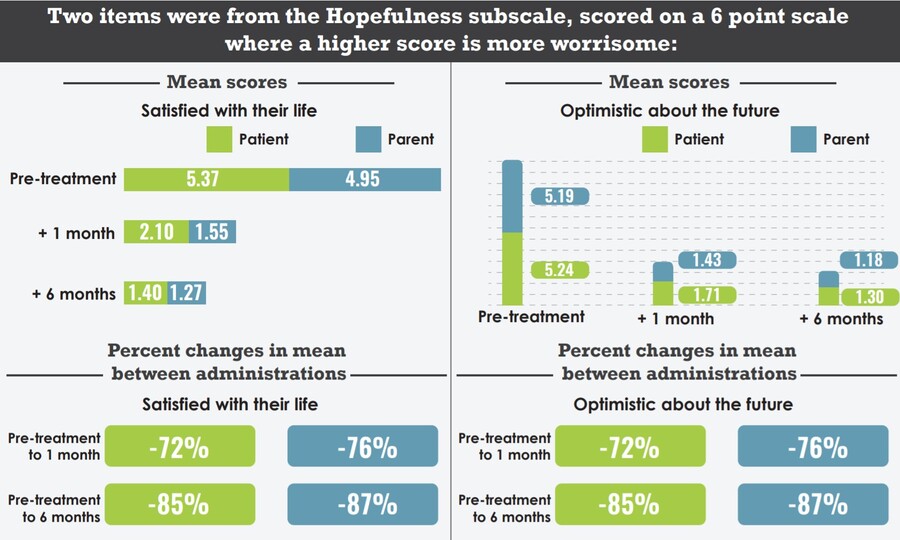
The Final Assessment Point
At the six-month mark, the numbers across the board keep showing promise. Teens and the relationships with their parents keep improving, long after they have left treatment. They are happier, they get along better, they feel less sadness, they feel less fear, and they can express themselves more clearly than ever before. This progress is huge! These are the results we strive to achieve! Paradigm isn’t just giving its teen residents the skills and tools to succeed—parents are acquiring their own skillsets and necessary tools to harness once the family returns home, and their trajectory has clearly been changed in meaningful ways. Bottom line, Paradigm doesn’t say goodbye to their clients and their families—ever. They are invested in each individual and their family’s success, and continue the journey with them well after they have left the physical address. The Pepperdine Outcomes Study proves that enduring relationships show enduring results.
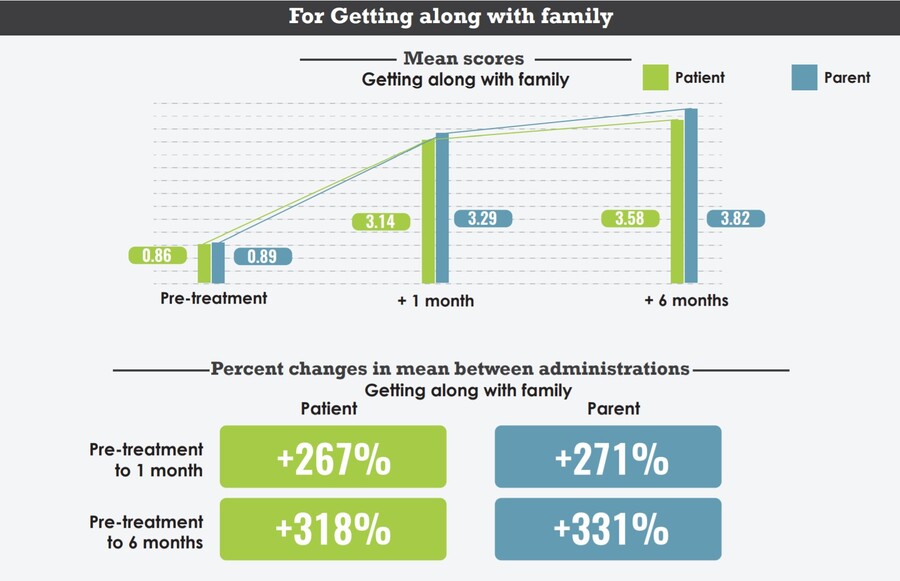
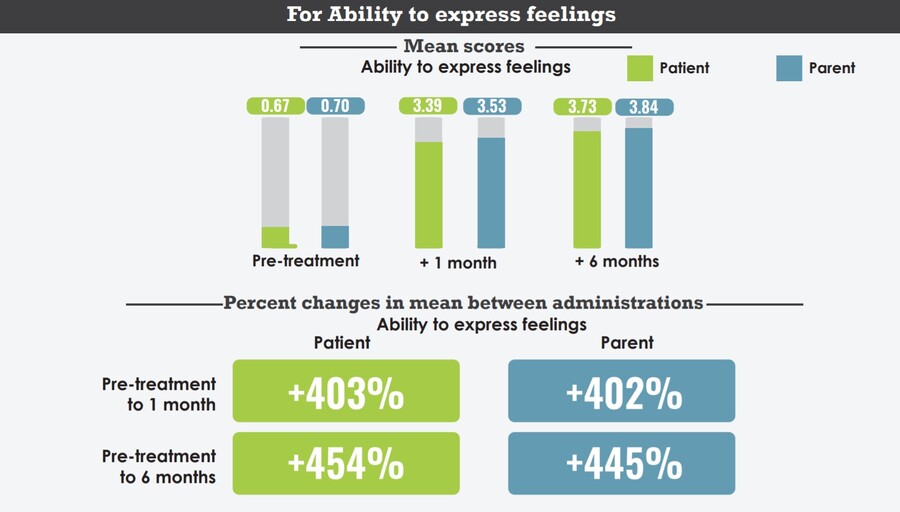
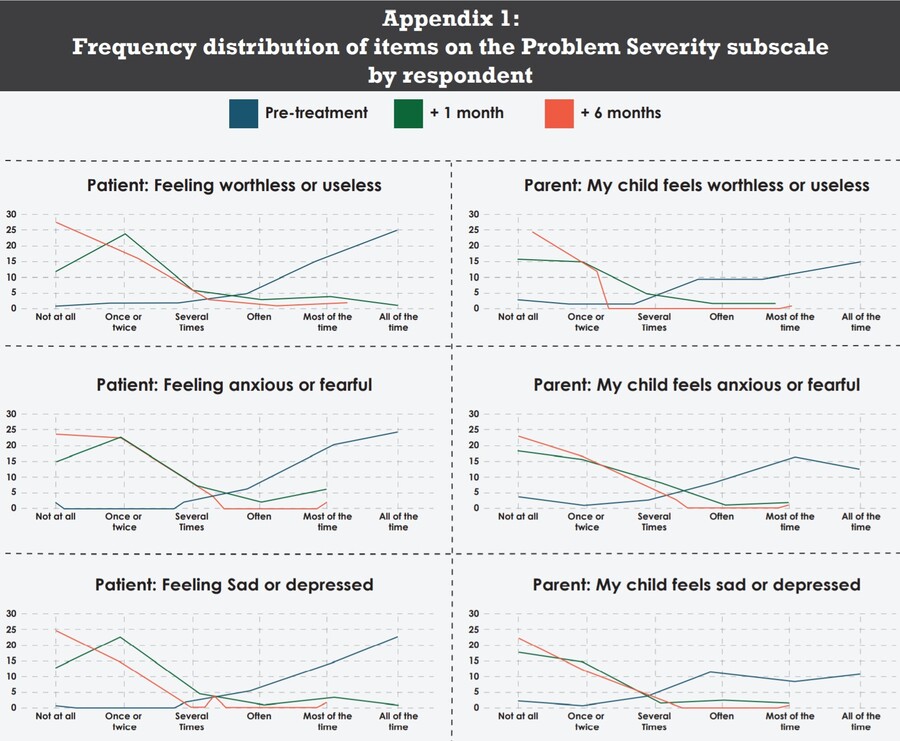
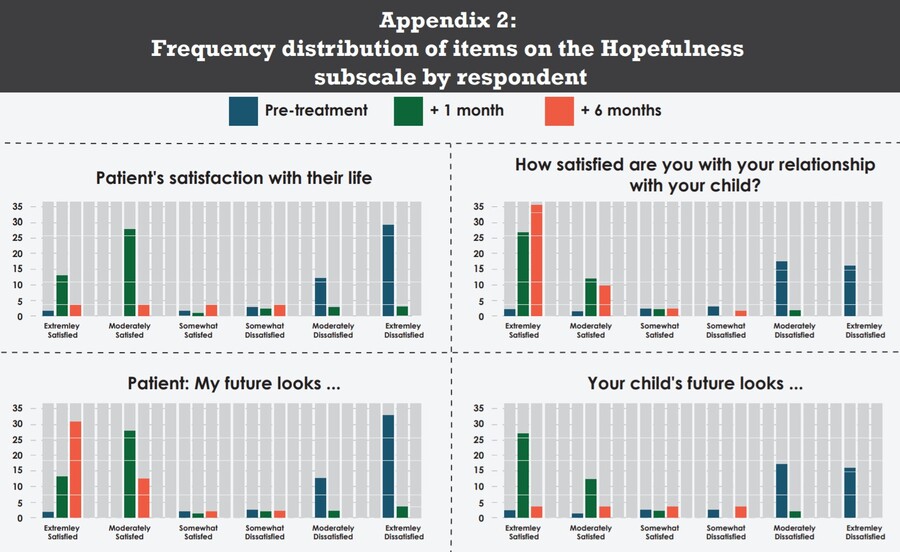
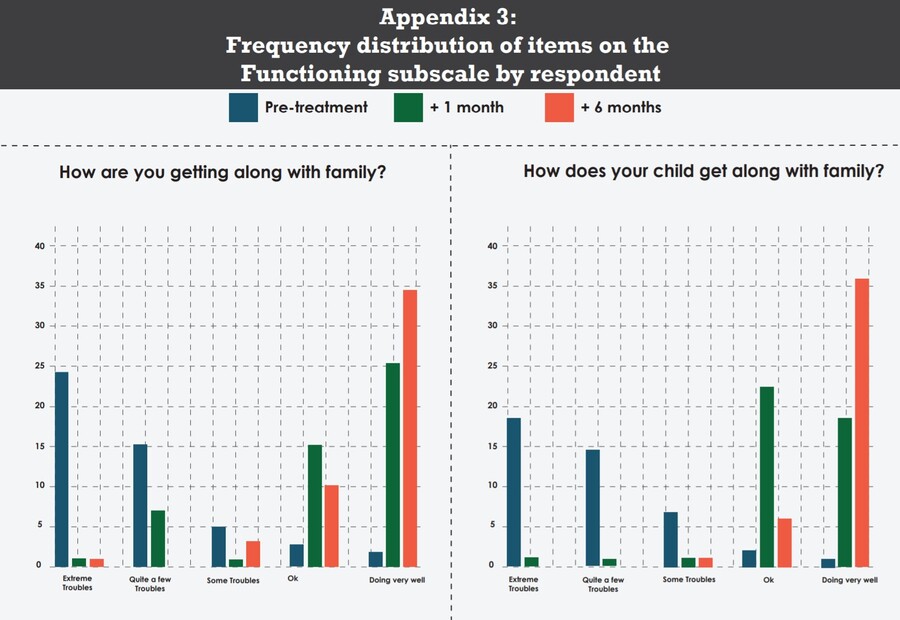
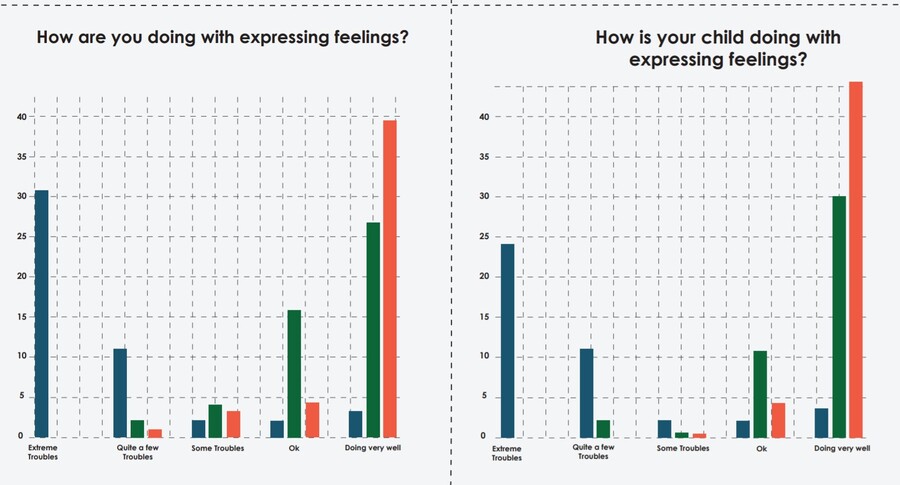
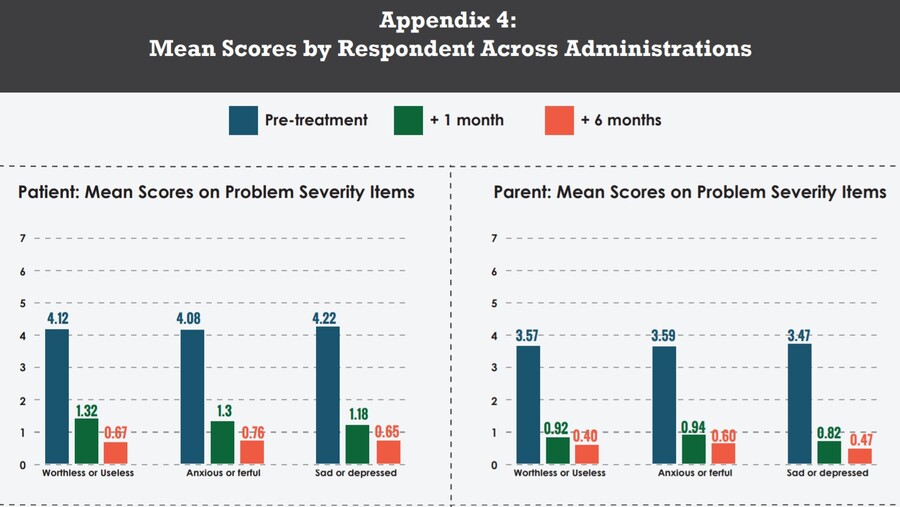
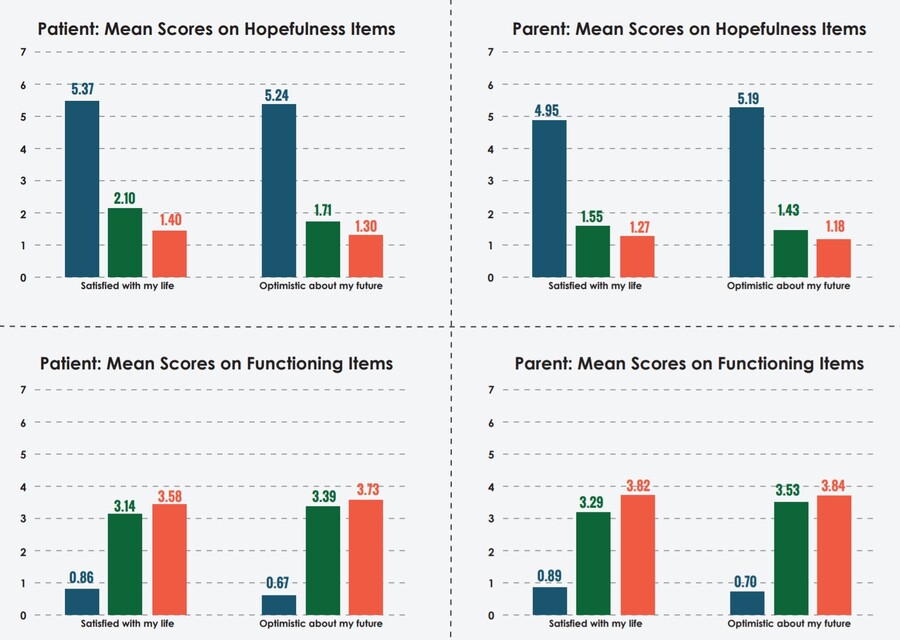
Contact An Admissions Counselor Here.
Speak with Admissions Now, Call (855) 921-4973 or Use the Simple Form Below.





